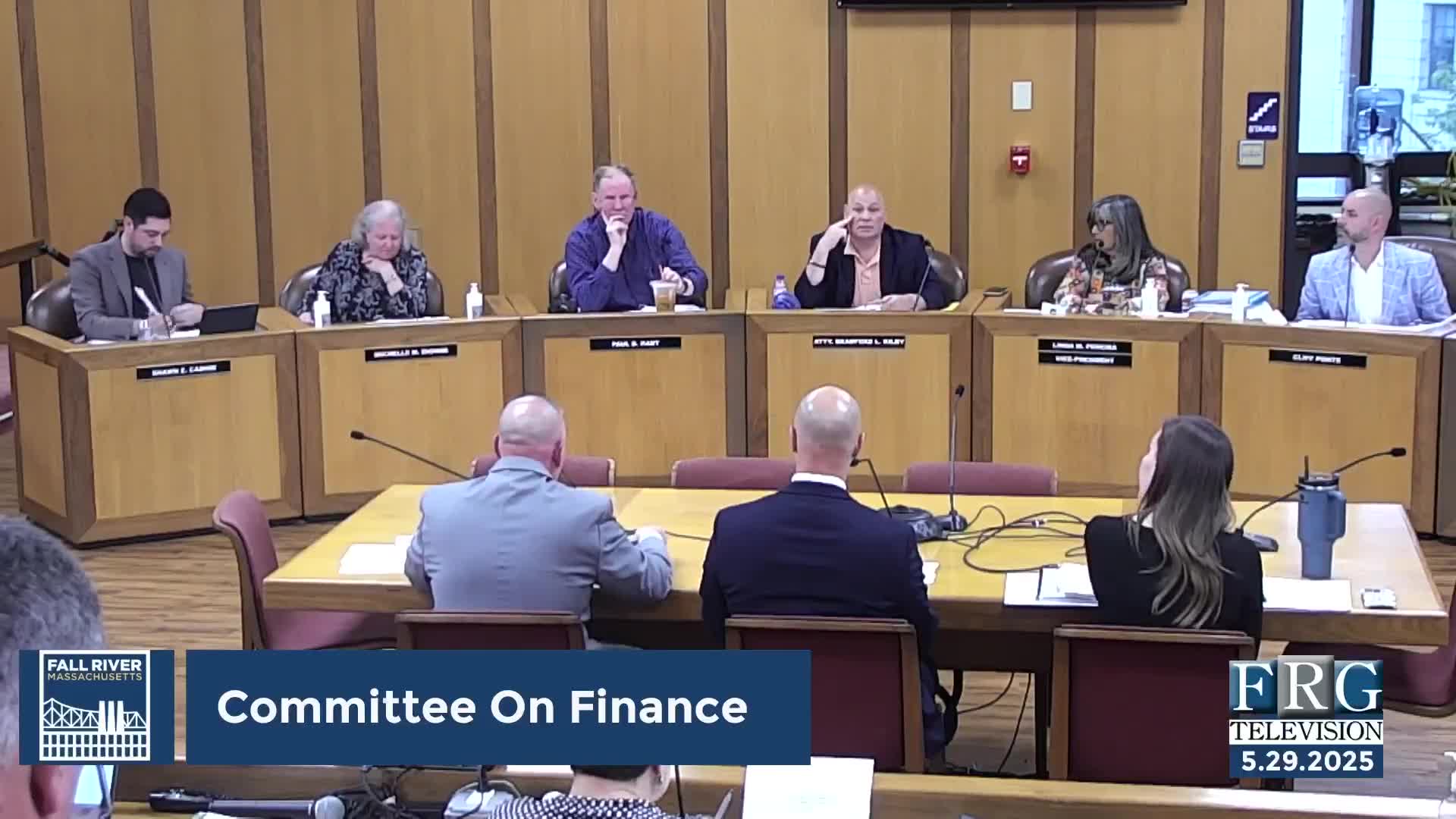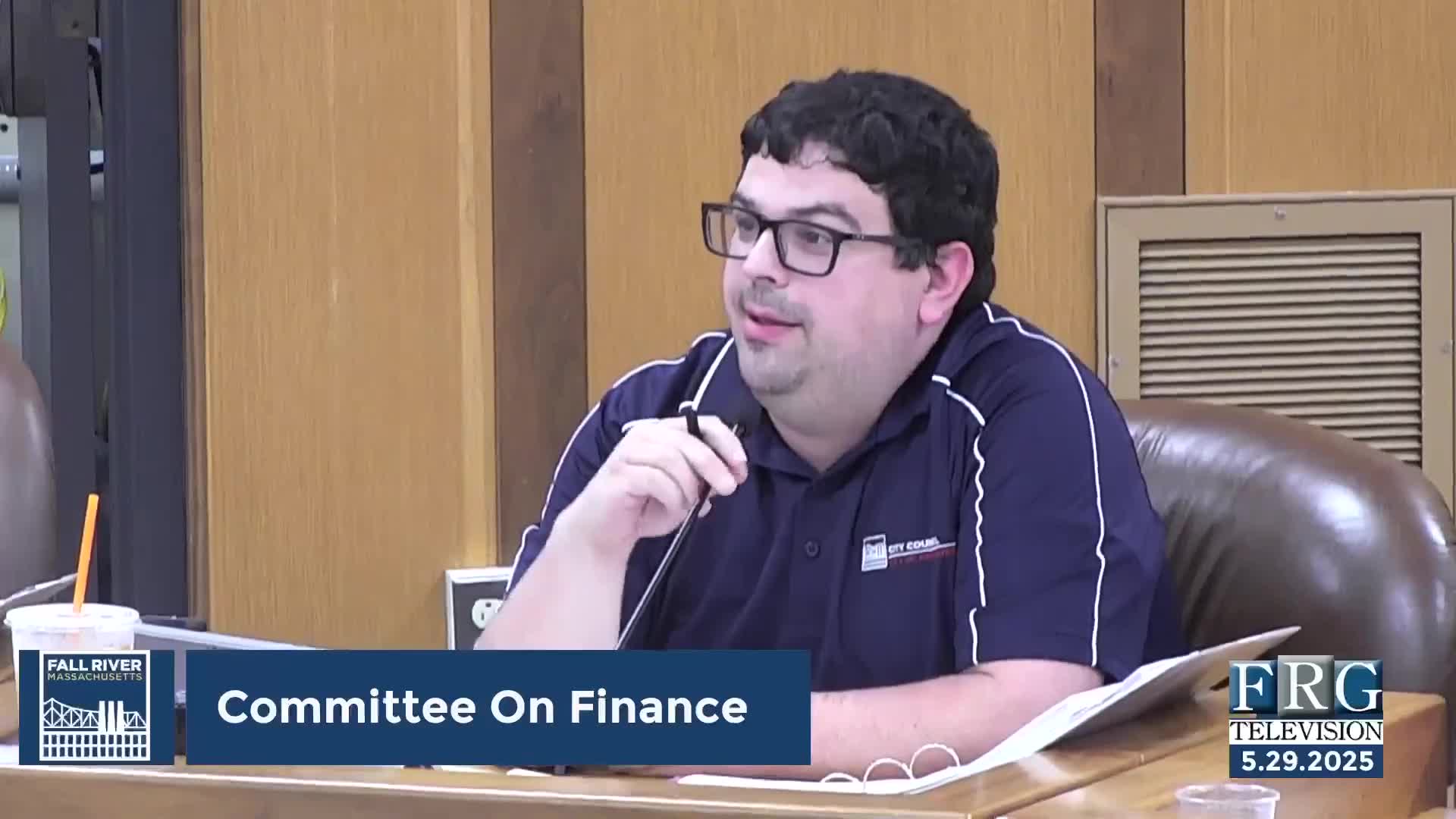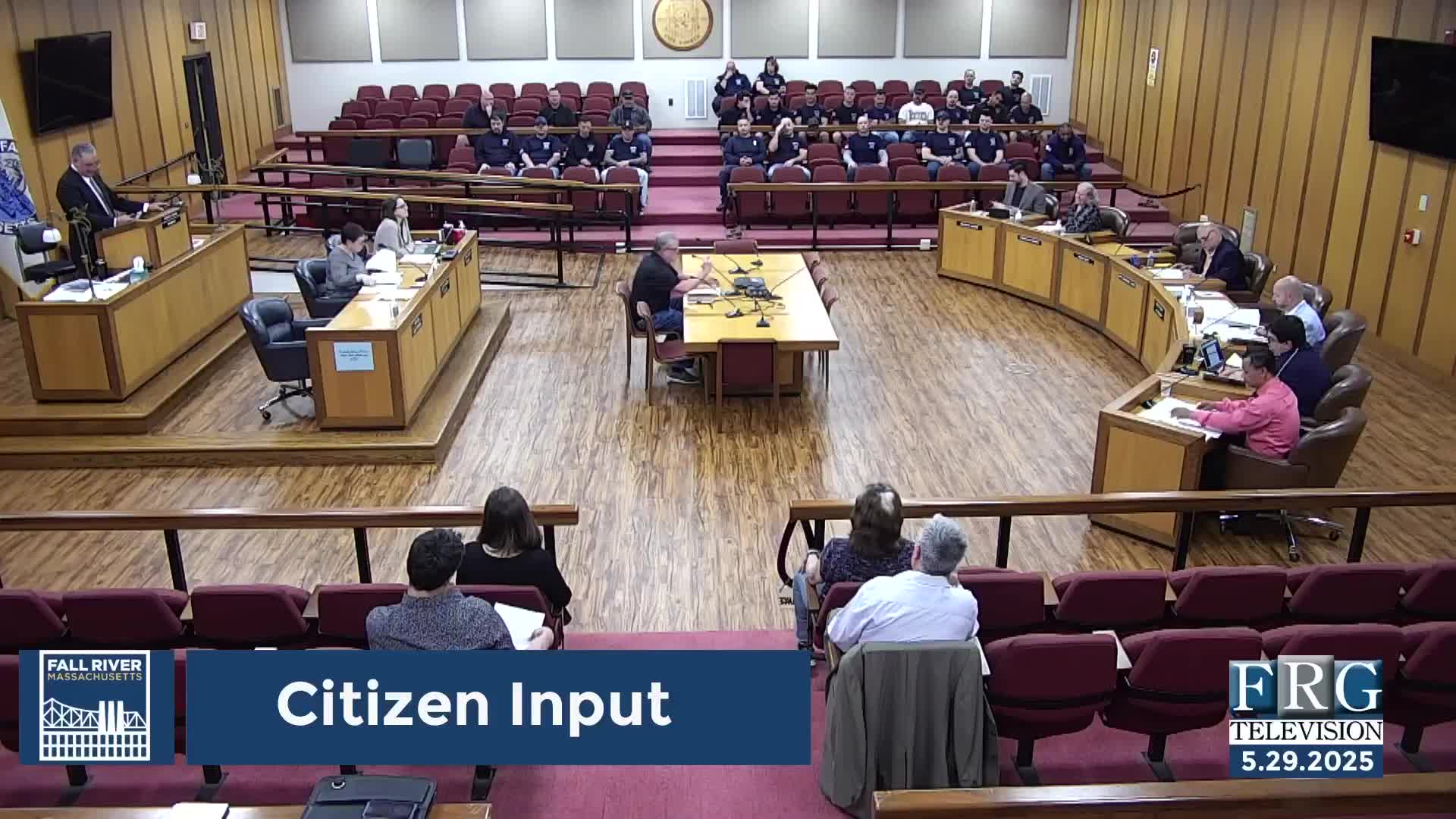Article not found
This article is no longer available. But don't worry—we've gathered other articles that discuss the same topic.

Council postpones police budget interview after chief’s absence; members press administration on communication

Emergency management director says $29,000 stipend, volunteer program underreview; tabletop planned for new rail service

